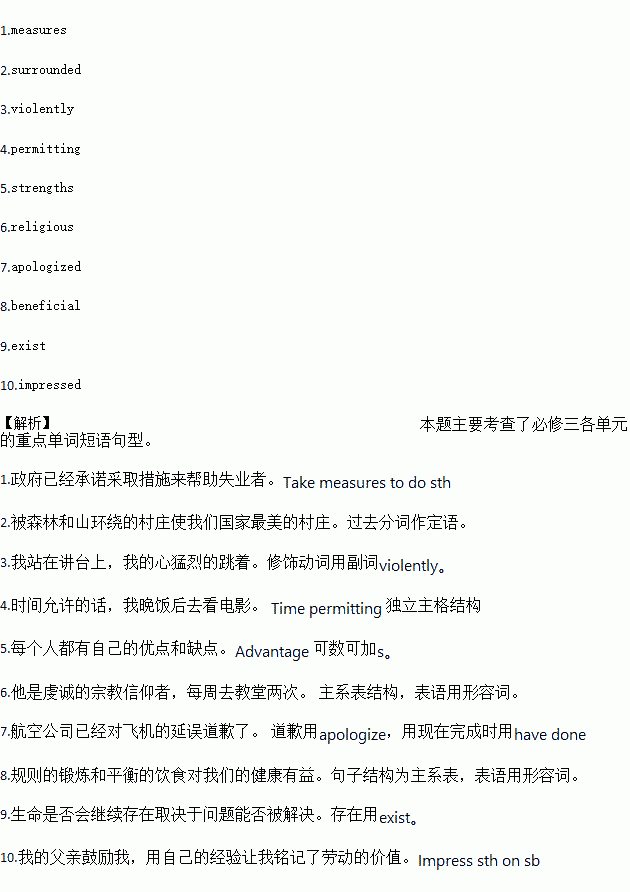In many cases they have built their reputations over hundreds of years, and they have become names that millions of Chinese love, respect and most of all buy.
At least once a year, Meng Wei visits several shops in Beijing that specialize in traditional goods, longing to buy something for his family in Xi’an.
“It’s a routine I go through before I head home for big holidays such as the Spring Festival,” Meng says.
His shopping list includes Daoxiangcun pastries and Niulanshan Erguotou. “My mother has a sweet tooth and she always has a preference for Daoxiangcun, and my uncles love the kick of Erguotou,” Meng says.
A trust in quality and a desire for things of the past are among the reasons why many people buy these time-honored brands.
However, with such brands one characteristic stands out above all else: Their popularity has endured for years, decades and in many cases centuries. That popularity was evident in the attention the public gave to them in a survey(调查) of time-honored brands in Beijing last year, which drew more than 4 million respondents.
Yili, a century-old pastry brand, came out on top as the favorite. There are some old brands, too, that have been bywords for older generations, faded from view but then made spectacular comebacks.
One of these is Beibingyang (Arctic Ocean) a soft drink that was the first commercial beverage many Beijingers tasted. It disappeared from the market for 15 years but resurfaced in 2010. It again proved to be a hit, many people saying it took them back to the 1960s and 1970s, and was a natural reference point as older people started recounting childhood stories to their children.
"Such brands are the product of market competition and real quality," says Yin Jie, an official with a committee of experts charged with revitalizing Chinese time-honored brands. These brands are 230 years old on average, and some were highly popular back when the country enjoyed great prosperity(繁荣) hundreds of years ago, Yin says. "To this day what China contributes to these brands is certain rare natural ingredients(成分), and that keeps them going."
1.What does the underlined word “they” in Paragraph 1 refer to?
A. Big holidays.
B. Time-honored brands.
C. The respondents.
D. The older generations.
2.What does Meng Wei usually do in the Spring Festivals?
A. He runs several shops selling traditional goods.
B. He shops traditional brands for his family.
C. He misses the things of the past very much.
D. He buys various sweeties and drinks.
3.What can be learned about the time-honored brands?
A. They are not trusted in quality and competition.
B. Many disappeared and never made comebacks.
C. They enjoy a long time of popularity.
D. They are the childhood stories of the aged.
4.What does Yin Jie think important in keeping time-honored brands going?
A. China’s prosperity.
B. Historic influence.
C. Certain rare natural ingredients.
D. Bywords for older generations.

